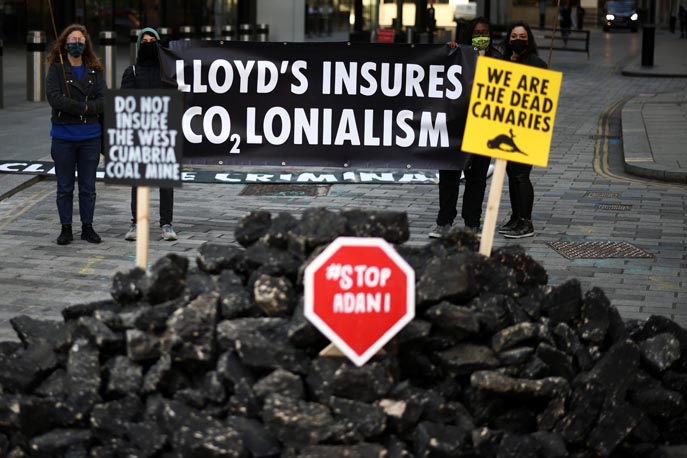Reuters Events Sustainable Business editor Terry Slavin picks out some of the highlights from the July issue of The Sustainable Business Review
One of the few consolations of the Covid-induced delay of COP26 in Glasgow from last year to 2021 was that it meant it would now coincide with the UK’s year to assume the rotating presidency of the G7.
It was hoped that it would enable the UK, as G7 as well as COP26 host, to use last month’s meeting in Cornwall of the world’s richest nations to strongarm them into meeting their promise to pony up $100bn a year in climate finance for developing nations from 2020.
It was a promise first made in 2009 in Paris, with the Green Climate Fund set up as the main delivery instrument. But commitments from rich countries have failed to add up to that sum, despite the fact that the International Energy Agency (IEA) puts the investment need just in clean energy ‒ never mind adaptation – at much higher: $150bn to $Itn annually.
As COP26 president, Alok Sharma, said ahead of the G7 meeting: "This has become a matter of trust – a totemic figure that always comes up in my discussions with developing nations. We need to collectively, as developed nations and donor nations, deliver on that."
This month, in Angeli Mehta’s Policy Watch column, she reports on how there was little progress made in Cornwall on meeting the pledge, despite new commitments from Germany and Canada, casting a shadow over the rest of the proceedings.

Also casting a shadow was the growing number of domestic voices pointing to the UK’s signal failure to show leadership by doing enough to fulfil its own ambitious green targets, with the Climate Change Committee, the UK’s climate adviser, issuing the latest in a series of damning reports highlighting 200 policy recommendations that need to be addressed to get the government on track.
The gap between ambition and delivery is also the main theme in this month’s Brand Watch, where Oliver Balch highlights an undercover investigation by UK broadcaster ITV that found giant retailer Amazon had been destroying 130,000 items of unsold goods in a single warehouse. For the fourth consecutive year, Amazon was also one of 1,025 companies targeted by investors In CDP’s annual non-disclosure campaign, for refusing to respond to requests for more transparency on reporting its action on climate change and deforestation risk.
There’s more about CDP in Mike Scott’s ESG Watch column. He also reports on how insurers and airlines are beginning to feel the heat over climate risk, and rounds up finance news from the G7 meeting, including the launch of the Task Force for Nature-related Financial Disclosure.
In our interview slot this month, Oliver Balch sits down (virtually) with Olam’s chief sustainability officer, Christopher Stewart. The CEO, Sunny Verghese, chairs the World Business Council for Sustainable Development, so Oliver wanted to know how the company was walking the talk of the WBCSD’s ambitious Vision 2050 statement.
And in the latest in our Top 250 Emitters series, David Lubin and Tim Nixon of Signal Climate Analytics argue that big carmakers are coming up from behind and claiming the same road as disrupters like Tesla and China’s BYD in the global race to scale up electric vehicles.


